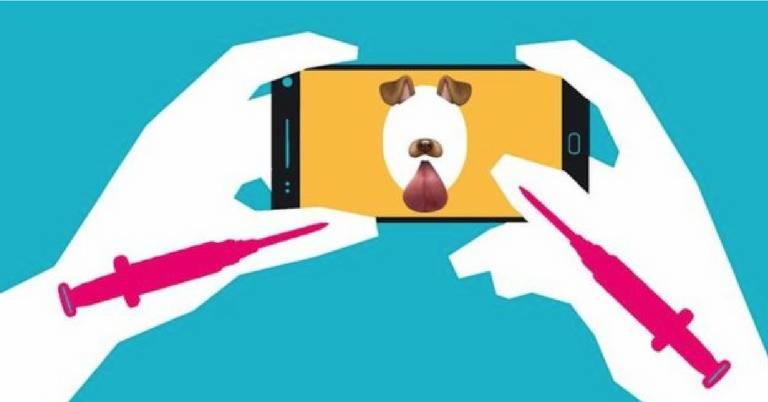Obsessive Body Monitoring
These individuals perceive themselves as unattractive and view certain body parts as deformed and unacceptable. This leads to significant distress and obsessive body monitoring behaviors (excessive grooming, constant reassurance seeking, social isolation, disruption of daily activities). Unfortunately, any interventions performed on these patients' perceived defects, whether dermatological, aesthetic medicine, or surgical procedures, are never sufficient: frustration persists and often increases due to constant disappointment.
Clinical Manifestations of Dysmorphia
Patients exhibit constant intrusive thoughts about their appearance, compulsive mirror-checking behaviors, continuous comparisons with others, and obsessive reassurance-seeking. Predominant emotions include intense anxiety, shame, depression, and social isolation. This condition is particularly connected to emotional affects and the perception of beauty as a fundamental need. Adolescence, a crucial period of physical and psychological identity redefinition, represents the most vulnerable age group.
Dysmorphia: Potential Risks and Prevention
Without timely specific treatment, body dysmorphic disorder can lead to severe deterioration in quality of life, numerous family and occupational problems, and comorbidity with other psychiatric disorders such as major depression, obsessive-compulsive disorder, social phobia, and sometimes eating disorders or substance abuse. Physically, the obsession with eliminating perceived defects can lead to avoidable health risks (for example, in cases of invasive cosmetic surgery) or result in truly unacceptable outcomes that only worsen the overall situation. Psychotherapy can be highly beneficial in overcoming body dysmorphic disorder, but should always be used in conjunction with pharmacological treatment rather than as a sole intervention.
Therapeutic Approach
How does Image approach this issue? Image is a clinic with years of experience in aesthetic and regenerative surgery, treating patients with diverse needs: from those seeking minor treatments to those requiring more complex surgical interventions. Our physicians, serious and competent professionals, evaluate each situation following thorough medical history and consultation. If the dysmorphic patient's request can be partially addressed (in cases of evident defects), they may intervene, but without excess, as even after correcting obvious defects, this type of patient likely won't be satisfied. Therefore, a skilled physician must also have the ability to say no when necessary.
